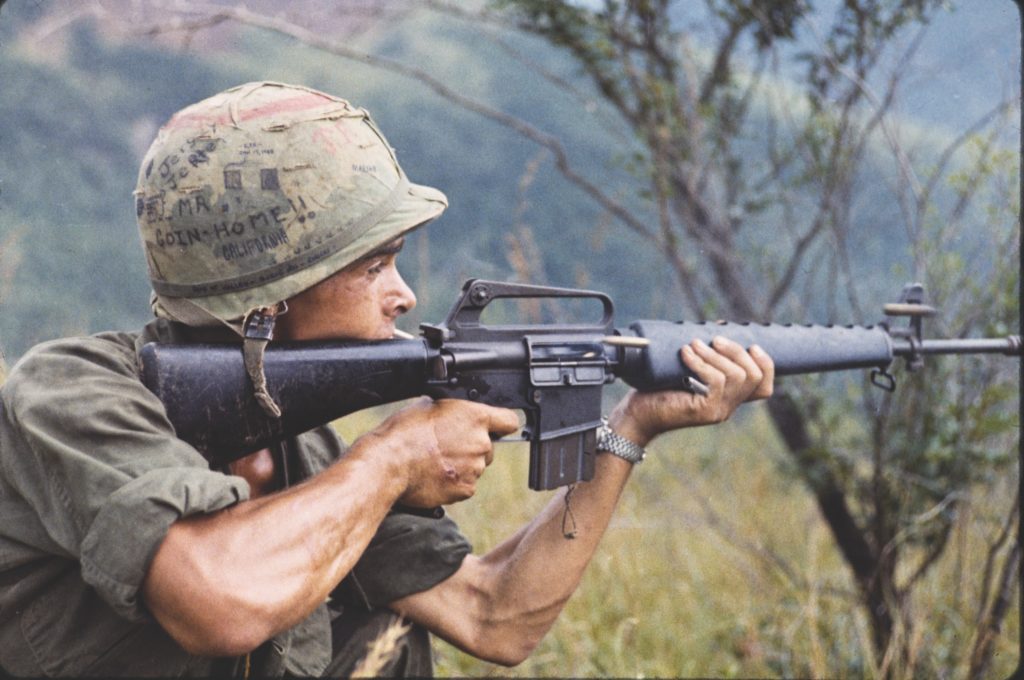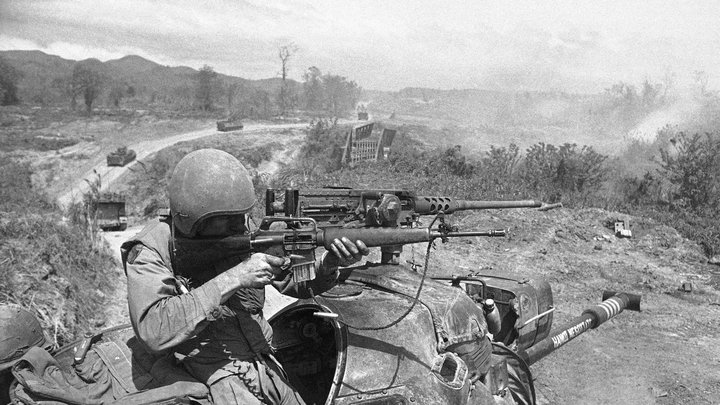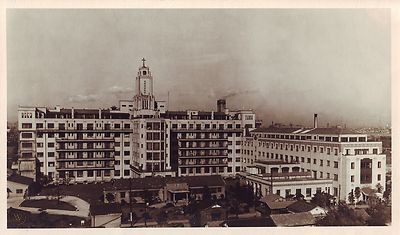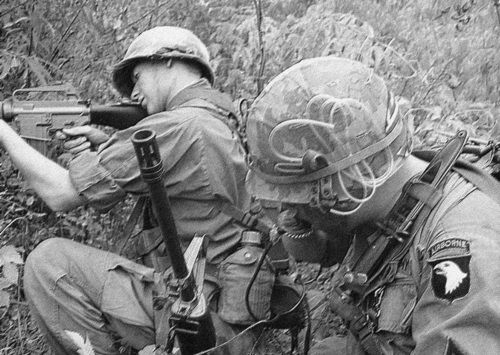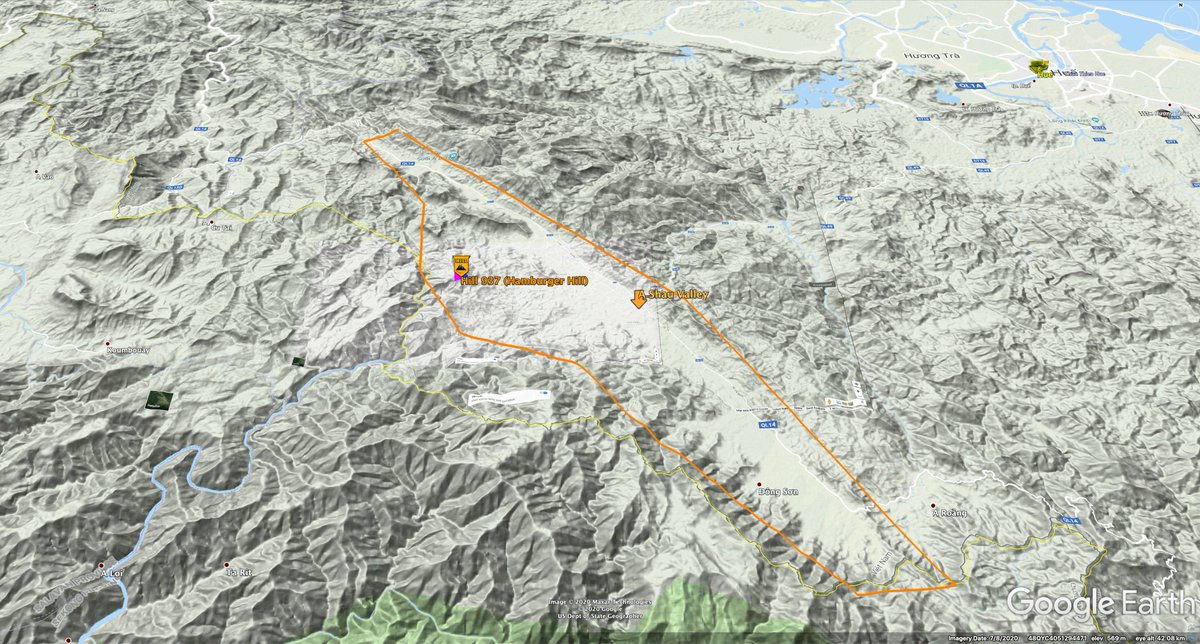
Ralph Puckett was alone, freezing, and wounded. His men – 51 Rangers and 9 Korean augmentation soldiers - were exhausted, shocked, surrounded.
He did the only thing he could fathom in that moment: exposed himself to the enemy to save his men.
[1 of 25]
He did the only thing he could fathom in that moment: exposed himself to the enemy to save his men.
[1 of 25]

It was November 1950 - the Army was mopping up the shattered remains of the North Korean Army. Since the shocking success of the Inchon landing, American forces were pushing the enemy back to China. The Korean War would be over by Christmas.
[2 of 25]
[2 of 25]

American’s dismay, Chinese intervention in the war changed all of that. By November 20, the Chinese had infiltrated hundreds of thousands of Chinese “volunteers” into North Korea, and had clandestinely positioned four armies in front of the still advancing US forces
[3 of 25]
[3 of 25]

The number of Soldiers in those armies was unknown, “one thing was certain: they had not come to frigid Korea on vacation.” Consisted of a tank battalion, assault gun & recon platoons; two infantry companies, engineer company, a recon unit, & the 8213th Ranger Company
[4 of 25]
[4 of 25]

Dolvin pointed to a hill in the distance and told Puckett, “That’s your objective.” Given the mission to secure two hills to the front, they moved out. At seven miles in, they encountered small arms fire at the first objective, Hill 224.
[5 of 25]
[5 of 25]

“I led an assault section of ten Rangers from Cumming’s platoon and, under fire, ran across the paddy field and ascended the hill.” Joe Romero was there - he outpaced the others, taking several hits, continuing to fire until he was killed. He was the first casualty.
[6 of 25]
[6 of 25]

Upon arrival at the top of Hill 224, they find it deserted. Unclear where the enemy fire came from. “No sooner had we crested the hill when four 76mm rounds smashed into our position.” These mortars were fired by friendly fire-support. Five Rangers hit - two killed.
[7 of 25]
[7 of 25]

Puckett led his 51 Rangers and 9 KATUSAs eight hundred yards across open paddy fields to seize Hill 205. During movement, they received enemy rifle and automatic weapons fire, and mortars. The tank of no help, Puckett yells to Bunn’s platoon, “Let’s go, Rangers!”
[8 of 25]
[8 of 25]
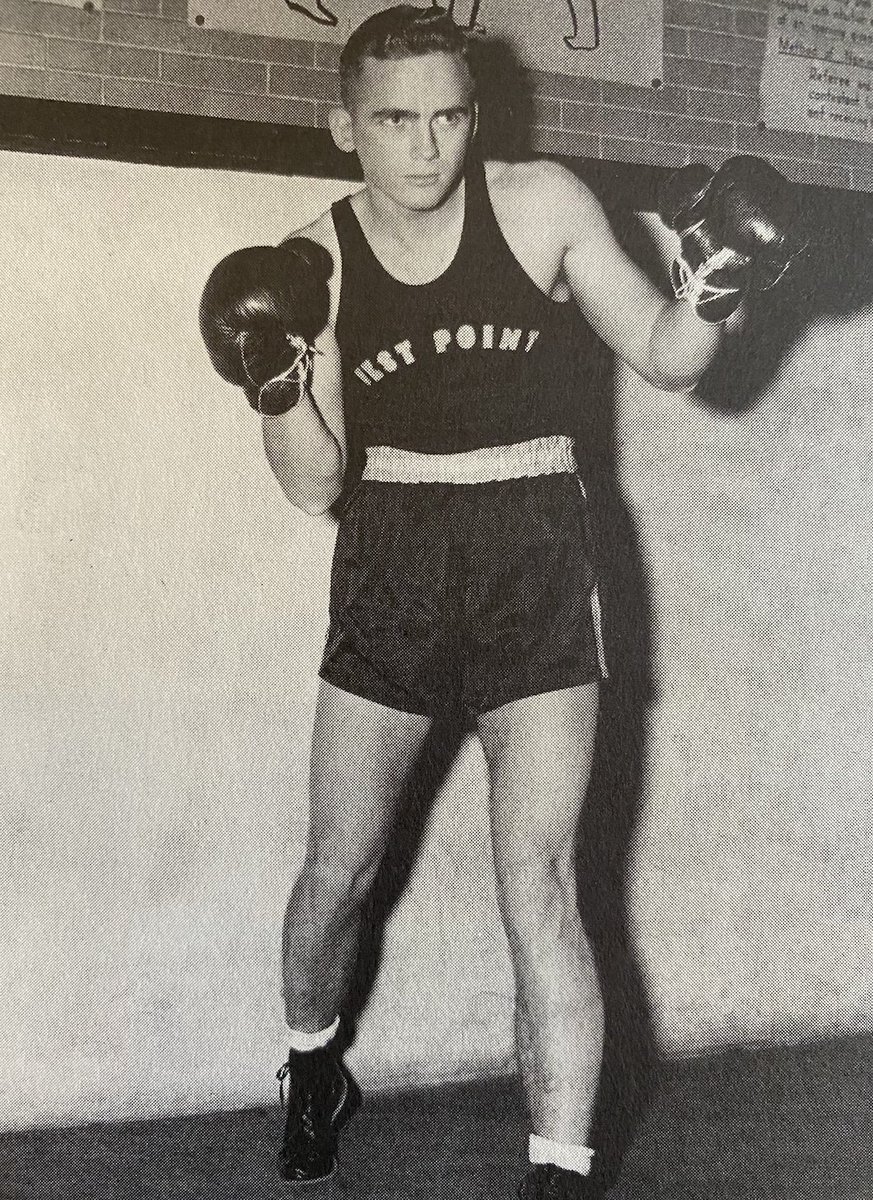
Behind a small bank, Barney Cronin waved his patrol cap in the air trying to entice enemy fire to detect where they were located. It didn’t work. Puckett decided he would run across the open space to draw enemy fire. “I took a deep breath and sprinted.”
[9 of 25]
[9 of 25]
The tactic worked and enemy fire ensued, but their visual remained undetected. Puckett jumped up and ran again with the same result. “Ok! This is the last time!” The third time was the charm, which allowed Cronin to zero in on the enemy position and eliminate it.
[10 of 25]
[10 of 25]

Once across the paddy field, they reorganized. “Crossing the paddy cost four casualties–three Rangers and one of our ROK Soldiers.” We had reached Hill 205. With bayonets fixed, they climbed. The Rangers secured the hill and emplaced a 360 degree defensive position.
[11 of 25]
[11 of 25]

“Well directed Chinese mortar fire cascaded on our position, followed by a ground assault.” Rangers responded with a furious fusillade of small-arms and machine-gun fire against the unseen enemy. Artillery fell on the enemy. Odds no longer favorable, Chinese fell back
[12 of 25]
[12 of 25]

“During the first attack I was hit with a grenade fragment.” Puckett ran from foxhole to foxhole to check on his Rangers, encouraging them on their success and joking about how the books about Chinese grenades not hitting you if you laid on the ground had been wrong.
[13 of 25]
[13 of 25]

“I had been wounded three times by then, and I was lying there in my foxhole unable to do anything,” Puckett recalls, "I could see three Chinese about 15 yards away from me, and they were bayoneting or shooting some of my wounded Rangers who were in the foxholes.”
[14 of 25]
[14 of 25]
“For the next three hours the Chinese launched four assaults on the hill.” Puckett’s Rangers relentlessly defended. “By sheer weight of numbers, the Chinese penetrated but never breached the defenses.” Hand-to-hand fighting, some Rangers used their rifles as clubs.
[15 of 25]
[15 of 25]
Chinese continued to advance. Ranger casualties rise and ammo is low; he knew they were there alone. “The desire to be there for my Rangers energized me.” The Rangers would hold. At approximately 0230, the Chinese had launched a massive offensive along the front.
[16 of 25]
[16 of 25]

Puckett’s 2nd platoon was overrun. Chinese were everywhere. Wilber Clanton died while charging the swarm of Chinese. The air was thick with grenade shrapnel. From a foxhole with my radio, “two grenades detonated, slamming fragments into my feet, buttocks, and arm.”
[17 of 25]
[17 of 25]

Knowing the position would result in death, Puckett crawls out on his hands & knees. Carnage of Rangers surround him. “Chinese were bayoneting my wounded Rangers only fifteen yards away, but I could do nothing.” When asked if he was okay, he said no – to leave him.
[18 of 25]
[18 of 25]
Judy tried to pick up Puckett. He could not. He ran for help. Billy Walls returned, handed his rifle to Pollock, & threw Puckett over his shoulder. Walls staggers down the hill with Puckett over his shoulder, as Pollock provides covering fire.
[19 of 25]
[19 of 25]

When asking if he was okay, he kept reassuring them that he would never leave. The Rangers kept trying to ensure Puckett was there and he responded with, “Yes. I’m a Ranger.”
[20 of 25]
[20 of 25]

Puckett earns the Distinguished Service Cross-the nation’s second-highest award for valor in combat, for his actions in the battle. Recognition came near the outset of a 22-year career that also included a 2nd Distinguished Service Cross and
[21 of 25]
[21 of 25]

two Silver Stars for valor in Vietnam. Puckett was awarded five Purple Hearts for injuries suffered in combat and two Bronze Star Medals with the V device for valor.
[22 of 25]
[22 of 25]
Years prior-John McGee asked, "I am selecting volunteers for an extremely dangerous mission behind enemy lines." Puckett said, "Sir, I volunteer!" Not needing platoon leaders, McGee needed a company commander. "Sir, I have wanted to be a Ranger all my life."
[23 of 25]
[23 of 25]

"If you will take me into that company, I volunteer to be a squad leader or a rifleman," Lieutenant Puckett exclaimed. McGee dismissed him and said he'd make the decision the next day.
McGee selected Puckett to command a yet-to-be-formed Ranger Company Commander.
[24 of 25]
McGee selected Puckett to command a yet-to-be-formed Ranger Company Commander.
[24 of 25]

[END]
Colonel Puckett would go on to serve 22 years in the Army. A legendary member of the XVIII Airborne Corps, he mentored generations of Army Rangers, attending Ranger graduation, motivating students at Ranger school.
Today President Biden awarded him the Medal of Honor.
Colonel Puckett would go on to serve 22 years in the Army. A legendary member of the XVIII Airborne Corps, he mentored generations of Army Rangers, attending Ranger graduation, motivating students at Ranger school.
Today President Biden awarded him the Medal of Honor.

• • •
Missing some Tweet in this thread? You can try to
force a refresh


